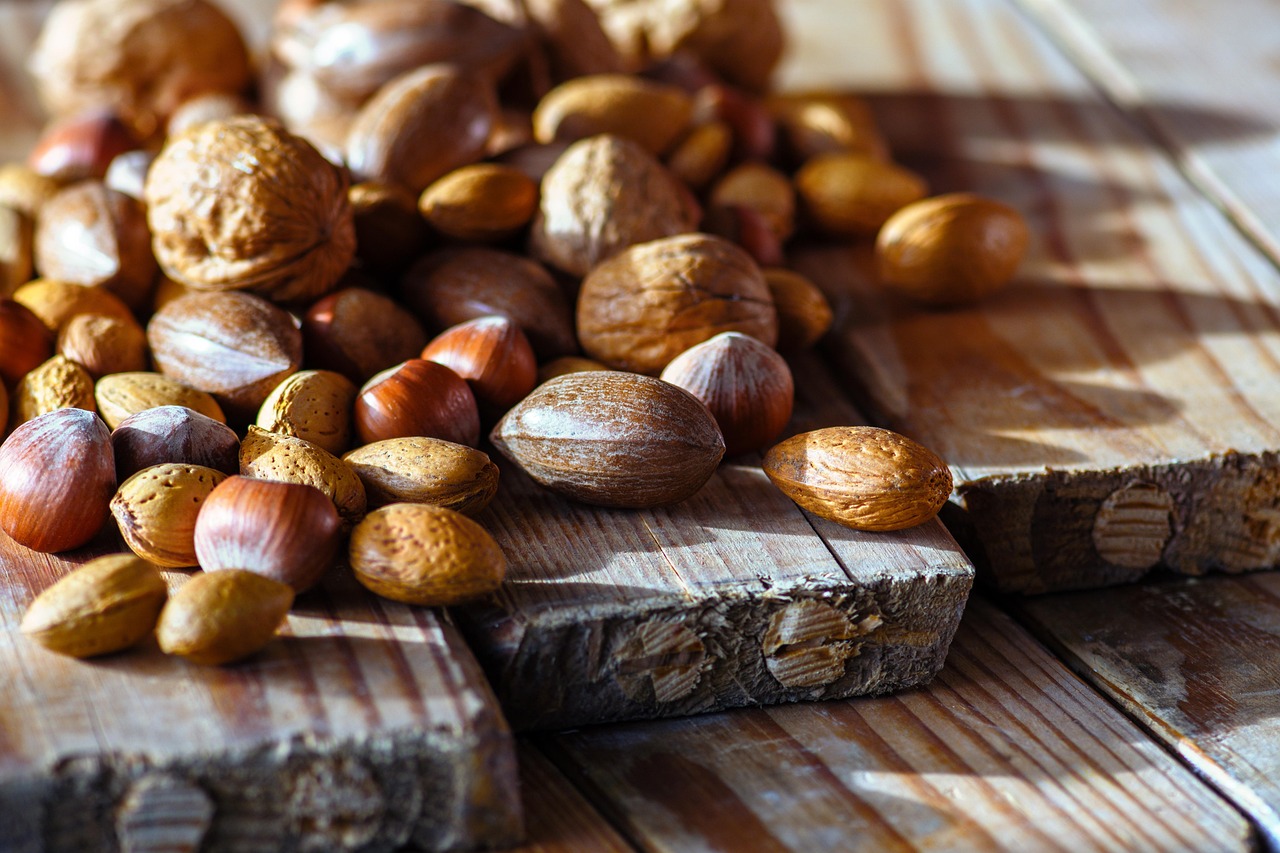In a world increasingly aware of the impact of food choices on health and the environment, “whole foods” have risen to prominence as a preferred option for consumers seeking nutritious and sustainable eating habits. These unprocessed or minimally processed foods offer a wealth of benefits, not only for individual health but also for the planet. By prioritizing whole foods, one can enjoy a nourishing diet while supporting ethical and sustainable agricultural practices.
What are Whole Foods?
Whole foods are foods that are as close to their natural state as possible. They are free from artificial additives, preservatives, and refined ingredients. The focus is on integrity, purity, and wholesome nutrition.
Types of Whole Foods
- Fruits and Vegetables: Fresh, frozen, or dried without added sugars or preservatives.
- Whole Grains: Foods like quinoa, oats, brown rice, and whole wheat, containing all parts of the grain.
- Nuts and Seeds: Raw or dry-roasted nuts and seeds, free from added salt or sugar.
- Legumes: Beans, lentils, and peas provide a plant-based protein source without processing.
- Meat and Fish: Unprocessed animal products, ideally from grass-fed or wild-caught sources.
The Benefits of Whole Foods
Incorporating whole foods into your diet can lead to numerous health benefits and contribute positively to your well-being. Here are some key advantages:
Improved Nutritional Value
- Rich in Nutrients: Whole foods are packed with essential vitamins, minerals, fiber, and antioxidants.
- Fewer Empty Calories: Whole foods provide energy along with nutrients, unlike processed foods that often offer little nutritional value.
Enhanced Digestive Health
- High Fiber Content: Whole foods, particularly fruits, vegetables, and whole grains, offer significant fiber that promotes healthy digestion.
- Gut Microbiome Support: A diet rich in whole foods can foster a balanced gut microbiome, which is crucial for overall health.
Weight Management
- Satiety: Whole foods often lead to greater feelings of fullness, helping with weight control.
- Lower Caloric Density: Whole foods tend to be lower in calories compared to processed foods, facilitating weight loss.
Whole Foods vs. Processed Foods
Understanding the difference between whole foods and processed foods is vital for making informed dietary choices.
Defining Processed Foods
- Minimally Processed: Foods that are modified slightly for preservation or safety but remain close to their original form (e.g., bagged salads).
- Heavily Processed: Foods that undergo significant alterations and often contain added artificial ingredients (e.g., sugary snacks and soft drinks).
Choosing Whole Foods Over Processed Foods
- Read Labels: Look for foods with minimal ingredients.
- Shop the Perimeter: Stick to the outer aisles of grocery stores where whole foods are typically located.
- Plan Meals: Prepare meals around whole foods to ensure they are a staple in your diet.
How to Incorporate Whole Foods into Your Diet
Making the switch to a whole foods diet might seem challenging, but it’s simpler than you think. Here are some practical tips:
Simple Substitutions
Start with small changes to replace processed foods with whole foods:
- Swap white rice for brown rice or quinoa.
- Use whole grain bread instead of white bread.
- Choose fresh fruit over sugary snacks for dessert.
Meal Prep and Planning
Planning your meals can help ensure you stay on track with whole foods:
- Create a Weekly Menu: Designate time each week to plan your meals based on whole foods.
- Prep Ingredients: Pre-cut fruits and vegetables to encourage snacking on whole foods.
- Batch Cooking: Prepare meals in larger portions for easy access during busy days.
Conclusion
Whole foods represent a commitment to health, sustainability, and ethical eating. By understanding what whole foods are, recognizing their benefits, and making conscious choices, individuals can significantly improve their nutritional intake and overall well-being. Whether you’re looking to lose weight, enhance digestive health, or simply improve your diet’s quality, incorporating whole foods is a strategic and impactful approach. Start making changes today, and experience the transformative effects of whole foods in your daily life.



